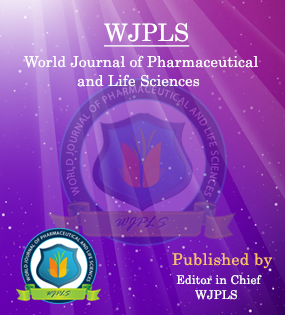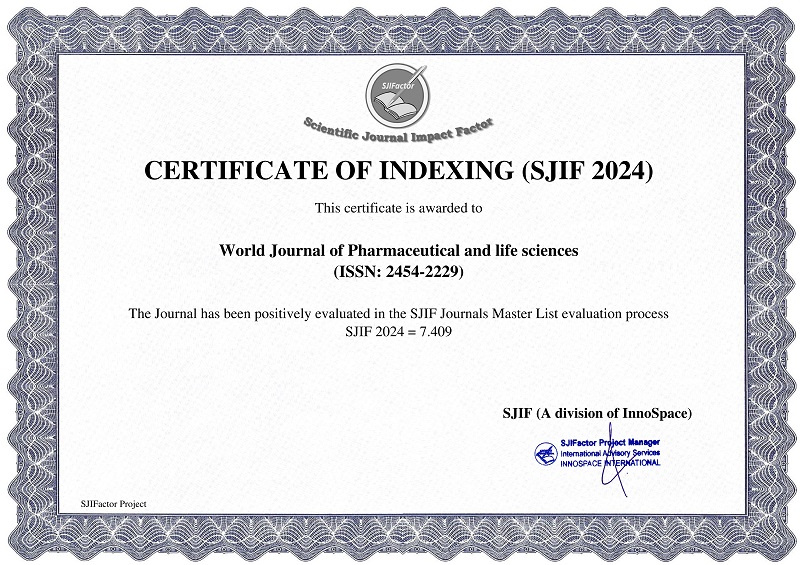Abstract
CLASSIC BLADDER EXSTROPHY MANAGEMENT AND OUTCOME AMONG SUDANESE PEDIATRIC PATIENTS: MULTICENTER STUDY (2012-2015)
Saad Mousa*, Aziza Elnaeema, Altaher Bagadi and Dr. Amir A. Mohamadain
ABSTRACT
Background: Bladder Exstrophy (BE) is a rare congenital malformation carrying functional and psychosocial impact on patient's life. In Sudan we do not have any registry for patients with bladder exstrophy, some record in the Hospitals are lost and difficult contact patients from remote region in the country. The aim of this study: To identify the pattern and outcome of classic bladder exstrophy management in Sudan pediatric surgery centers. Patients and methods: This is a retro-prospective study conducted from 2012 to 2015. The data was collected via structured questioner and telephone interview with parents and patients from Alrebat University Hospital, Soba University Hospital and Algizera National Pediatric Surgery Center. We included all patients with CBE who were operated on during the study period and those who had surgery earlier and they came for follow up. We used SPSS computer program version 19 for data analysis. Result: 49 patients with complete medical data records were reviewed and managed during study period. 32 patients were males and 17 were females. The mean age of patients was 2.6 years range between 3days to 18 years. Two patients were twins, one patient was the product of invetro-fertilization (IVF) and two patients have family history of CBE. Inguinal hernia was observed in 9 (18.3%) patients, undescended testis seen in 5 (10%) patients and renal anomalies in 5 (10%) patients. Six (18.3%) patients underwent CPRE, Twenty eight (57.1%) patients underwent MSRE, and 13(26.5%) patients underwent ureterosegmoidostomy. Postoperative complications include pyelonephritis 11 patients, vesical stone 10 patients, urethral stricture 5 patients and renal and electrolyte disturbance in one patients. Regarding the continence rate in those finished their operation as follow: 2/6 patients 33.3% underwent CPRE were continents. While 6/13 of the patients 46.1% underwent MSRE were continent, and 12/13 of patients 92.6% who had diversion were continent. Two patients died one patient due to sever sepsis and other one due to electrolyte and renal impairment. In conclusion: Late presentation is still a major factor that affects the choice of surgical procedure and may affect the outcome. Long-term follow-up still problem in Sudan pediatric surgery centers attributed to incomplete medical records and loss of contact with some patients.
[Full Text Article] [Download Certificate]WJPLS CITATION 
| All | Since 2020 | |
| Citation | 590 | 424 |
| h-index | 12 | 10 |
| i10-index | 17 | 14 |
INDEXING
NEWS & UPDATION
BEST ARTICLE AWARDS
World Journal of Pharmaceutical and life sciences is giving Best Article Award in every Issue for Best Article and Issue Certificate of Appreciation to the Authors to promote research activity of scholar.
Best Article of current issue
Download Article : Click here





